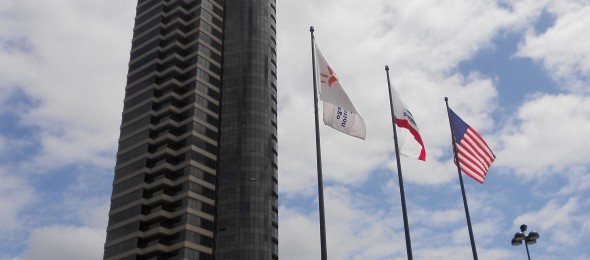D. Theodore Rave, Assistant Professor of Law at the University of Houston Law Center, has authored Settlement, ADR, and Class Action Superiority, Journal of Tort Law, 2014, Forthcoming. In his article, Professor Rave compares alternative dispute resolution (ADR) systems with class action litigation and examines situations where access to ADR should preclude class litigation.
Here is the abstract:
When a defendant sets up a private voluntary compensation scheme or includes an arbitration clause in its form contracts, the resulting alternative dispute resolution (ADR) system bears striking resemblance to the typical endpoint of class action litigation — a settlement setting up an administrative claims resolution scheme as an alternative to litigation on a mass basis. This article addresses the question of when the existence of one of these ADR systems — offering a shortcut to the same endpoint — should block future class action litigation. It examines important differences in timing, bargaining dynamics, and agency costs in these three contexts. And it argues that a court asked to certify a class in the face of an existing private resolution scheme should undertake a functional and essentially comparative inquiry, considering not only the potential savings in transaction and agency costs, but also the underlying bargaining dynamics that may make these ADR shortcuts more vulnerable to unilateral manipulation by defendants than class action settlements.
This and other scholarly articles published by Professor Rave may be downloaded without charge from the Social Science Research Network.














